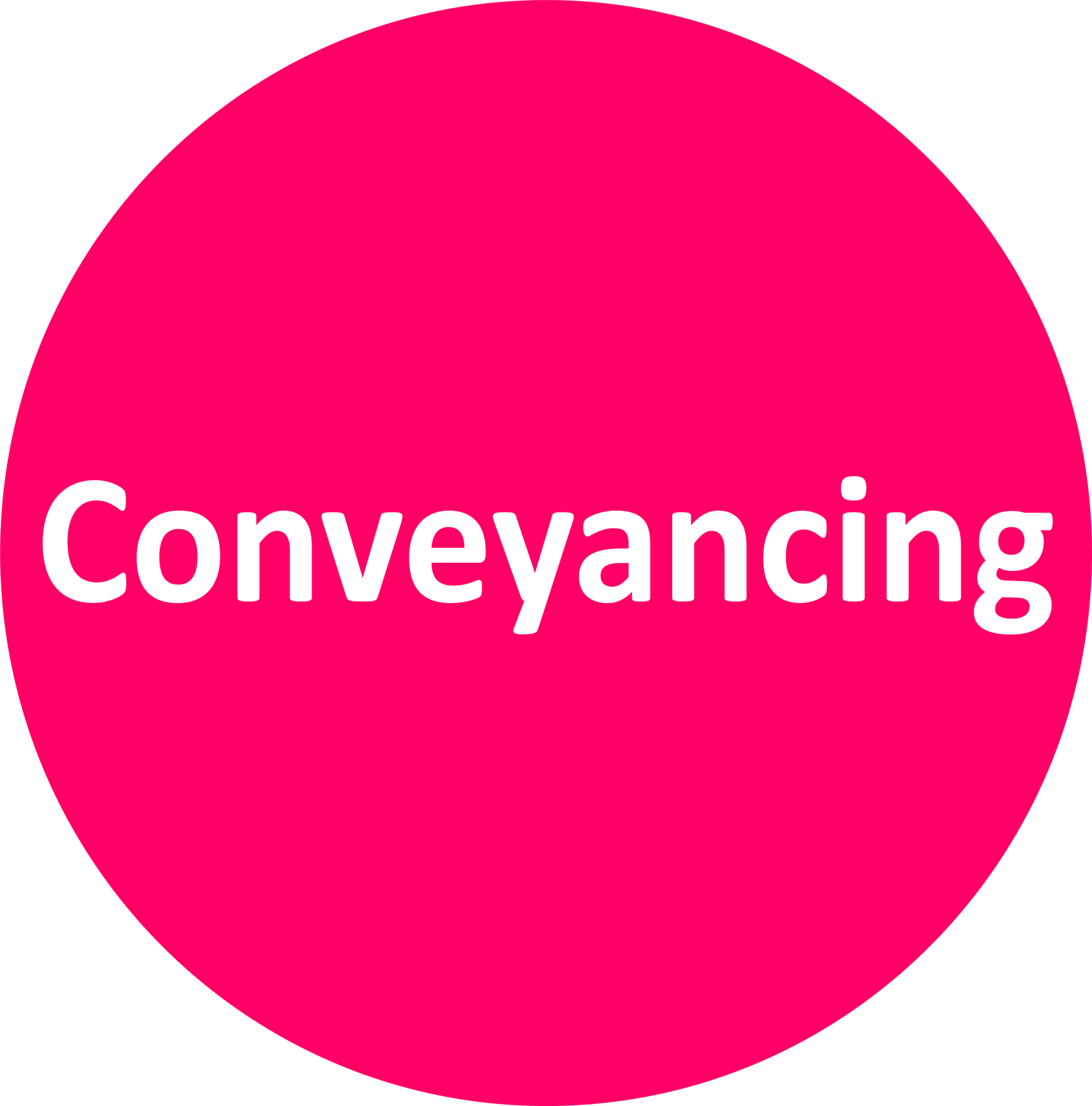Do I have to insure the property before I buy it?
Posted on 12th December 2018
Imagine you’ve found the perfect pair of Louboutin shoes. The bright red soles that shine the red of holly berries as you walk with its slim stiletto and classic pointed toe. Now imagine that you make the momentous decision to spend £455.00 to buy a pair of shoes even though you can buy a similar pair for £20.00 from “Primarnie”! You make all kinds of promises to yourself; about how you’re only buying them to wear to that job interview, they’re an asset, if you get the job then technically you’ve made money on them, they’ll be lucky when you take them on that date, after all Louboutin’s are a symbol of excitement for women the world over.
You take your time making this decision, you consider all possibilities, you imagine yourself wearing them, and you consider the way they make you feel. YOU PLAN OUTFITS!! You get that little fuzzy feeling of excitement about wearing them paired with the anxious feeling of nausea about spending so much money and wondering if you’ve made the right decision.
You know that these shoes will give you so much confidence for that job interview. You buy them. You walk out of the shop with a huge smile on your face with a shopping bag full of promise. Then you get invited on that girl’s night out.
So, you decide to wear your new friends, the Louboutin’s. You stay out too late. You remind yourself that nothing good ever happens after 2am. There’s dancing, there’s drinking and there are drinks being spilt. You take the short cut home through the park. You wake up the next morning with the feeling of dread…but that can’t be right you definitely came home alone. Then it hits you….
The shoes are ruined.
Your confidence shattered. Your dreams for the job interview vanish. And just like that you realise that you are left with a credit card bill, no shoes to show for it and you realise that you can’t even return them because you took on the responsibility that is owning a pair of shoes that you are not responsible enough to take on a night out!
Now compare this to finding your dream home. You exchange. You metaphorically have that shopping bag in your hand and this shop doesn’t accept returns. But before you can move in, your house goes on a wild night out, fire guts the property, you can’t move in. You’re homeless and you’ve a massive repair bill to pay for.
And you don’t even have the keys yet.
Sadly, disasters like this can happen, which is why it is vital to take out home insurance the day you exchange contracts. When you exchange contracts, you take legal responsibility for the house. Like that pair of shoes, you want to show off, you aren’t asked if you’re mature enough to take on the responsibility of owning them. This isn’t a case of buying the shoes, putting them on, then lying on the bed with your feet in the air so you can have the feeling of owning Louboutin’s and returning them the next day when you remember you have bills to pay. This is the commitment stage. The exchange of contracts is the point where you walk out of the door in those Louboutin’s. It’s the point of no return (and no refunds!).
When the contracts are agreed and become binding you have to pay for anything that may go wrong. It is recommended that you put home insurance in place that way you are protected should some freak accident occur in between exchange and completion.
MG Legal; Property Solicitors Preston, Conveyancers Manchester and the Lancaster Law firm are the choice for you if you want more information on Conveyancing or assistance in drooling over Louboutin’s. Contact us now on 01995 602 129 or email us photos of potential shoe choices to enquiries@mglegal.co.uk
Tagged as: Buyers, Contracts, Conveyancing, Conveyancing Solicitors Preston, First Time Buyers, Garstang Solicitors, Lancashire Solicitors, Lancaster Property Law, Lancaster Solicitors, Longridge, Preston Law, Preston Property Law, Property Solicitors Preston, Purchase, Solicitors in Lancaster, Solicitors in Longridge, Solicitors Lancaster, Your Local Solicitors
Share this post:








